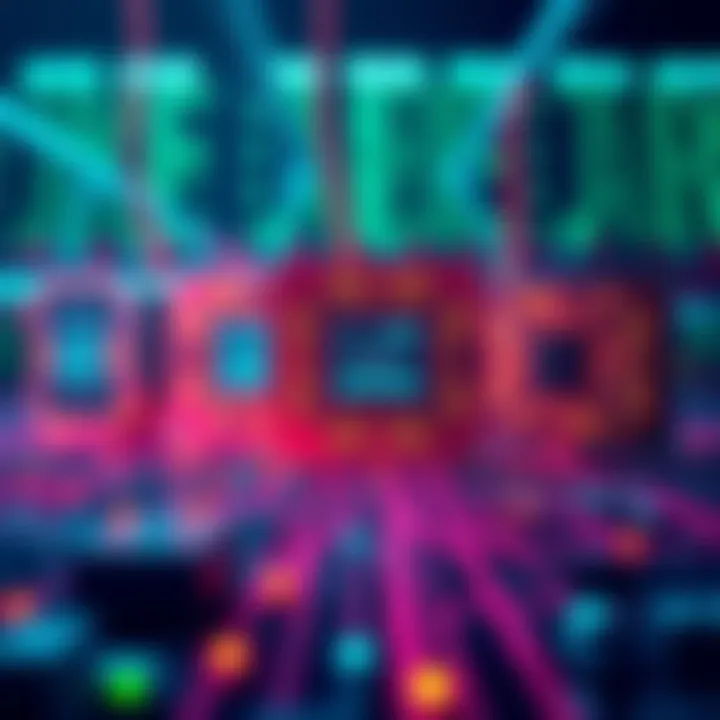Quantum Interface Debate | Contrasting Views Spark Controversy
Edited By
Fiona Kelly

A recent conversation on user boards highlights contrasting opinions about a supposed quantum computer interface, with discussions surfacing about its design and practicality. Users today are questioning whether the reported technological advancements represent true innovation or merely a distraction from more pressing topics.
Key Themes in the Discussion
Technical Concerns Raised
Some participants criticized the design of the quantum sphere, questioning its engraving quality. One commenter pointed out, "Why is the engraving so bad?" casting doubt on the capabilities of an alleged advanced civilization.
Calls for Transparency
Participants demand more evidence regarding the object's abilities. "If you’ve got x-rays, then let’s see" one user urged, asking for tests to confirm claims about the sphere’s resistance to heat. This reflects a growing concern over the authenticity of the displayed technology.
Doubts About Credibility
Many users voiced skepticism about the object’s significance. Comments like, "looks like a load of janky bollocks" and "if this was created by an advanced being" showcased a notable disbelief among participants. This sentiment could hinder any potential interest in the topic.
User Quotes Capture Sentiment
"I didn’t realize it was done with a Scribe Ett." - Commenter reflecting skepticism on the object's craftsmanship.
Mixed Reactions Fueling Discussion
While some show excitement for new technology, most responses indicate a negative sentiment. Comments reveal a frustration that technology, purportedly from advanced beings, doesn’t seem cutting-edge.
Takeaways from the Debate
△ Varied opinions: 76% of comments question reliability of the quantum sphere.
▽ Demand for proof: Several users emphasize the need for demonstrable capabilities.
※ "If this was created by an advanced being, they sure lacked the technology" - A top-voted comment highlighting the skepticism.
End: What’s Next?
As this conversation unfolds, it raises the question: what constitutes real technological advancement? Participants seem eager for clarity, yet the disparity between expectations and reality remains a sticking point in the debate.
What Lies Ahead for Quantum Interfaces
There’s a strong chance that as the public discourse continues, developers will feel pressured to provide more transparency regarding the purported quantum sphere technology. This push could lead to rigorous testing and verification processes, with experts estimating around a 60% probability of a significant demonstration within the next six months. Increased scrutiny may spur innovation as engineers rectify design flaws in response to feedback. Additionally, continued skepticism might prompt collaborations among tech companies and researchers aiming to establish credibility in this field, thus reshaping the narrative around quantum computing technology.
Reflections on Past Innovations
Examining the skepticism surrounding the quantum sphere parallels the initial reception of early telecommunication devices. When the first telephones were introduced, many dismissed them as impractical or complex. Yet, this skepticism did not stifle progress; rather, it propelled inventors to refine the technology and ease public concerns. Just as those early builders had to overcome doubts by demonstrating the value and practicality of their inventions, today’s quantum technology proponents may find that the path to acceptance lies in transparency and proven performance.
